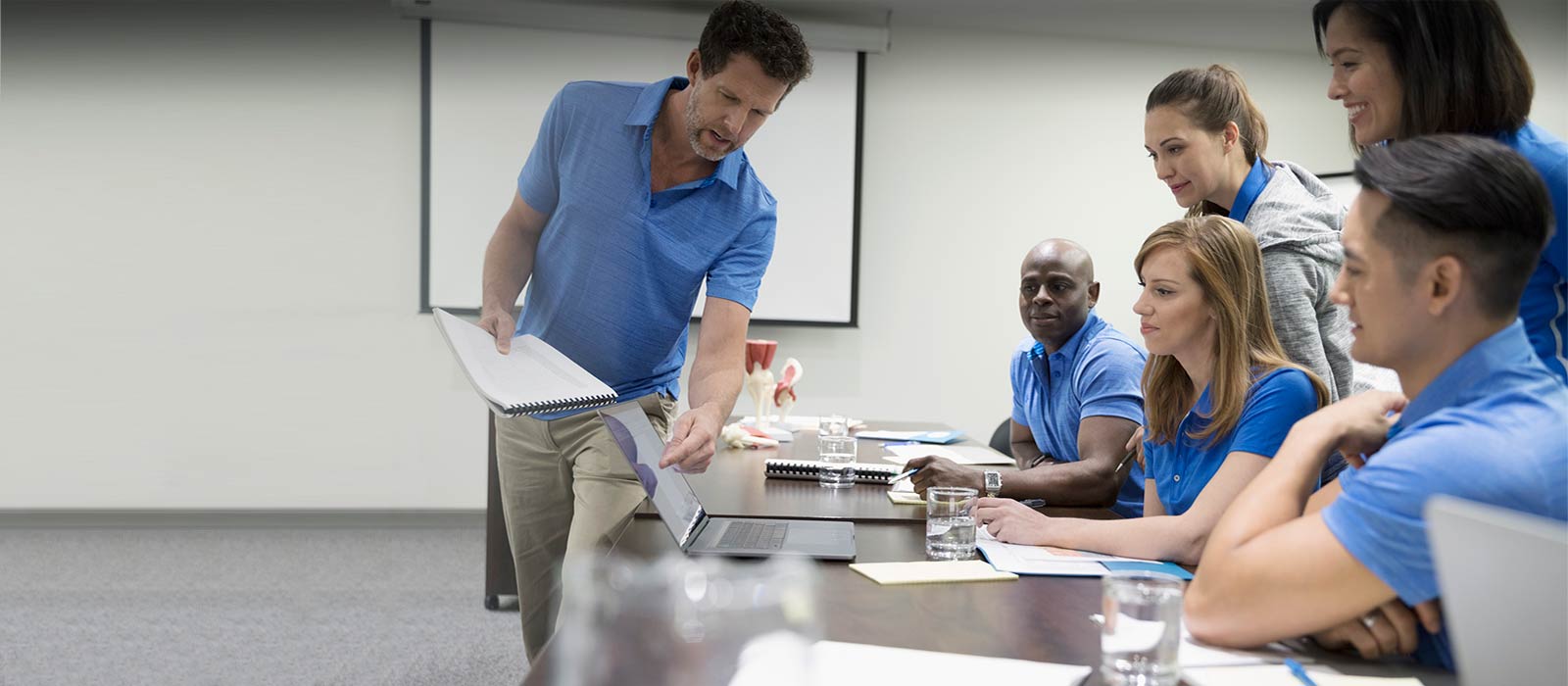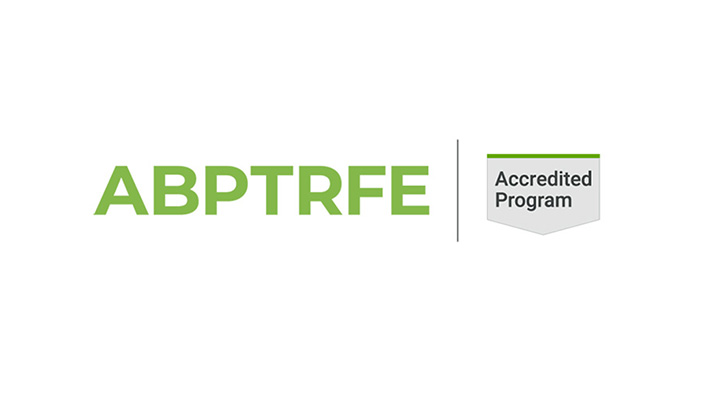Inova Orthopedic Physical Therapy Residency Program
The next resident class is set to commence September of 2024 and will run for 18 months
The program includes over 2,800 program hours, including treatment of cervical spine, thoracic spine and ribcage, lumbar spine, pelvis and SI joint, TMJ, hip, knee, ankle, foot, shoulder, elbow, wrist and hand.
Several written tests and practical exams will be executed throughout the program.

